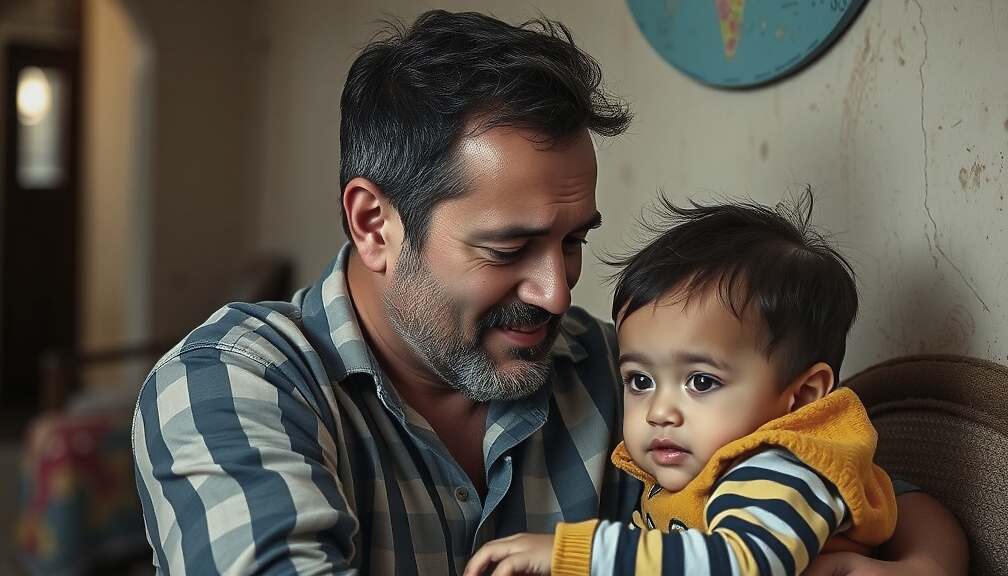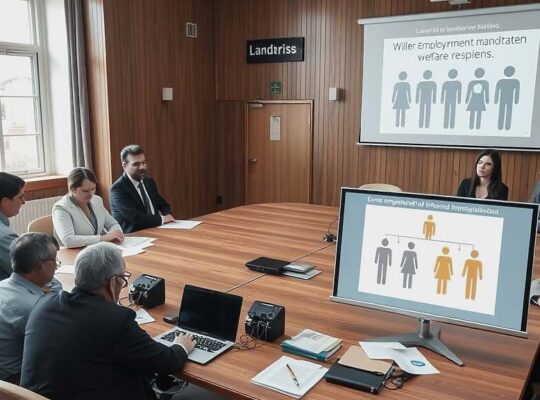A recent study reveals a discrepancy between fathers’ aspirations for family involvement and the realities of modern parenthood. The research, conducted by the Pronova BKK health insurance fund and reported across publications within the Funke Media Group, surveyed 2,000 parents with at least one child under the age of 16.
The findings indicate that a significant majority of fathers desire active roles in their children’s lives. 55 percent expressed a desire to spend considerable time with their children, while 51 percent view themselves as a “friend and protector” figure. Half of the fathers surveyed also aspire to share household responsibilities, participate in parenting decisions (49 percent) and contribute to the family’s financial well-being (48 percent).
However, the study demonstrates a gap between these aspirations and actual practice. While 46 percent report spending a substantial amount of time with their children and 36 percent actively participate in nighttime care like changing diapers – tasks aligned with their ideals – 53 percent are employed full-time, a commitment only 36 percent associate with their vision of a modern father.
Mothers appear to hold even more ambitious expectations for themselves. 70 percent desire to spend considerable time with their children and two-thirds would prefer to stay home when a child is ill. Fathers, however, hold a less pronounced expectation: 58 percent believe an “ideal mother” should prioritize extensive time with her children.
Child psychologist Nina Grimm suggests this discrepancy highlights overly demanding self-expectations amongst mothers. “Mothers’ expectations of their relationship with their child are only conditionally shaped by what fathers expect” she explained. “Rather, they reflect exaggerated and distorted demands that mothers place on themselves”. Grimm emphasizes the importance of recognizing that partners may approach parenting differently, but not necessarily less effectively, pointing out fathers are often equally competent in caregiving roles, simply less practiced.
The study also indicates fathers frequently underestimate the contributions of their partners in daily life. Just over half recognize that their partner undertakes household chores, though in reality, two-thirds do. Similarly, while 67 percent of mothers stay home to care for a sick child, this is only acknowledged by 51 percent of fathers.












